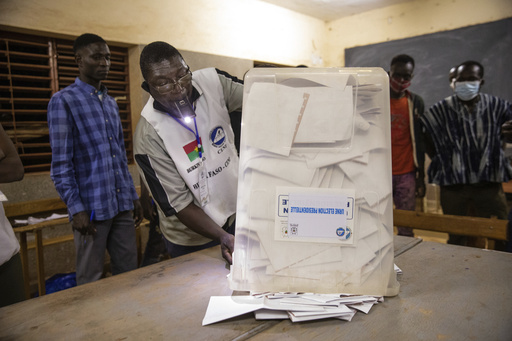The International Institute for Democracy and Electoral Assistance, known as International IDEA, revealed that the past year witnessed the most significant drop in credible elections and parliamentary oversight in nearly fifty years. Factors contributing to this decline include government intimidation, foreign interference, disinformation, and the improper use of artificial intelligence in election campaigns. Data shows that one in three elections is being challenged in some manner, leading to a decrease in voter turnout and an increase in contested election results.
According to International IDEA, the average percentage of eligible voters participating in elections has decreased from 65.2% in 2008 to 55.5% in 2023. Kevin Casas-Zamora, the Secretary-General of International IDEA, emphasized the crucial role of elections in preventing democratic decline and promoting democracy. The organization’s Global Report on the State of Democracy evaluated democratic performance in 158 countries from 1975 to the present day, revealing that 47% of nations have witnessed a decline in key democratic indicators over the past five years, marking eight consecutive years of global democratic regression.
The report highlighted that in nearly 20% of elections held between 2020 and 2024, one of the losing parties or candidates refused to accept the results, leading to legal challenges. The year 2023, in particular, stood out as the worst year for free and fair elections and parliamentary oversight. Issues such as foreign interference, disinformation, and the misuse of artificial intelligence were prevalent in both stable democracies and fragile governments worldwide.
In Africa, democratic performance has generally remained steady, with some setbacks in the Sahel region due to military coups, notably in Burkina Faso. Conversely, countries like Burundi and Zambia have shown improvements. In Western Asia, more than a third of countries exhibited poor democratic performance, while Europe saw declines in areas such as the rule of law and civil liberties, although progress was made in Montenegro and Latvia.
Across the Americas, overall stability was maintained, but countries like Guatemala, Peru, and Uruguay experienced declines, particularly in rule of law and civil liberties. The Asia-Pacific region witnessed minor declines or stability in most countries, with positive advancements noted in Fiji, the Maldives, and Thailand. However, significant declines were observed in Afghanistan following the Taliban’s assumption of power in 2021 and in Myanmar, where resistance to military rule has escalated into a civil conflict.
